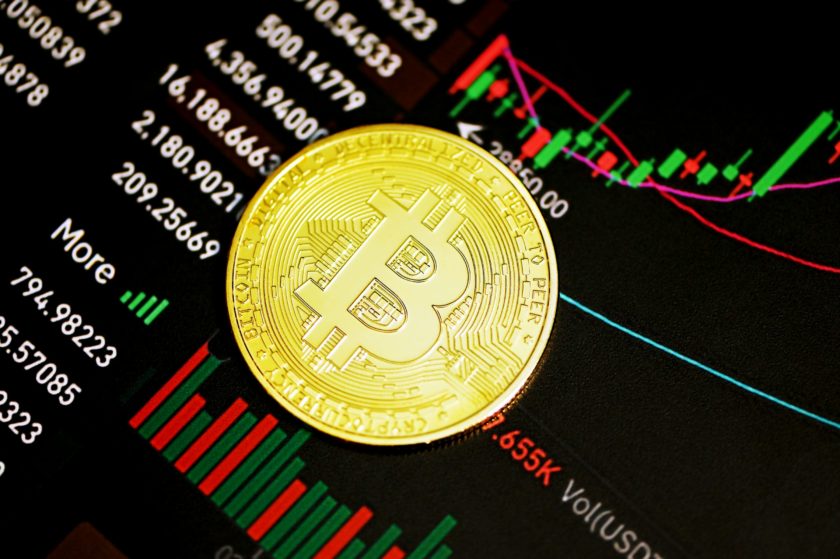The price of Bitcoin (BTC) broke through the resistance level of $12,000, which led to a new yearly high for the number-one cryptocurrency by market capitalization.
However, the breakout was short-lived as the BTC price fell to $11,650 in recent days, marking a drop of almost 10% since the breakout. This drop caused the price of Bitcoin to drop back below the crucial resistance zone of $12,000. This breakdown is causing investors and traders to watch for more downside as several bearish arguments emerge.
Crypto daily market performance. Source: Coin360
Bitcoin breaks back in the range after a failed breakout
The price of Bitcoin tried to continue the bullish momentum with a breakout past $12,000. However, the breakout failed, as the chart shows.
BTC/USD 4-hour chart. Source: TradingView
The 4-hour chart is showing an apparent breakout attempt above $12,000. However, the breakout couldn’t flip the resistance of $12,000 into support, which is a must for continuation.
As the support/resistance flip failed to succeed, the price of Bitcoin broke back into the range. Such a failed breakout is often classified as a tap in the liquidity pool as well. This means that the price rallies above resistance to tap the liquidity and stop/losses of short positions.
When those orders are stopped out or hit, the market has the liquidity to go the opposite way. This is often confirmed via weak buying attempts at the previous resistance zone.
In that regard, the breakout didn’t follow through, which means that support levels of $10,800 and $11,200 are back in play.
CME futures has an open gap at $9,700
BTC/USD CME 1-day chart. Source: TradingView
As the chart shows, an open gap is still found at $9,700. As most gaps get filled, it’s an important level to keep an eye on.
Next to the open gap, there’s also a potential bearish divergence. The bearish divergence is yet to be confirmed, as it’s relying on whether Bitcoin’s price loses the crucial support level at $11,400-11,600.
Once the price of Bitcoin drops below that support level, the bearish divergence is confirmed, and it’s likely to see further correction towards the 100-day and 200-day Moving Averages (MAs).
These MAs are confluent with the open CME gap at $9,700 and provide multiple arguments for a potential bottom formation on this correction.
The bullish scenario for Bitcoin
BTC/USD 1-day bullish scenario chart. Source: TradingView
The bullish scenario is relying on the fact whether the price of Bitcoin can sustain making higher lows. The crucial area for such a higher low is defined in the green zone, which is lying between $11,400-11,600.
As long as the price of Bitcoin holds support in the $11,400-11,600 zone, further upward momentum can be continued.
However, currently, there are more bearish arguments for the short term than bullish ones.
The next resistance zone, if $11,400-11,600 holds, is found at $13,000. This resistance zone can also be found using the Fibonacci extension tool.
The bearish scenario for Bitcoin
The bearish scenario is straightforward and relies heavily on whether the $12,000 area becomes resistance once again.
BTC/USD 4-hour bearish scenario chart. Source: TradingView
The rejection at $12,000 would confirm that the breakout is a deviation above the range and a fakeout.
In that regard, the fakeout is a deviation above the range high, which mostly leads to a test of the range’s support levels. These support levels are found at $10,800-11,000 and $11,200-11,300.
However, such a dropdown would not occur immediately as the price of Bitcoin has been consolidating sideways for months since the halving of May 2020. In other words, Bitcoin price can consolidate for weeks before a new drop occurs.
In the meantime, a new range is being established, which may help muster up strength for further upward momentum. The ultimate low for this correction appears to be the open CME gap at $9,700. If that gap is filled, the sentiment and momentum will most likely hit a quarterly low, causing interest to diminish.
The views and opinions expressed here are solely those of the author and do not necessarily reflect the views of Cointelegraph. Every investment and trading move involves risk. You should conduct your own research when making a decision.




